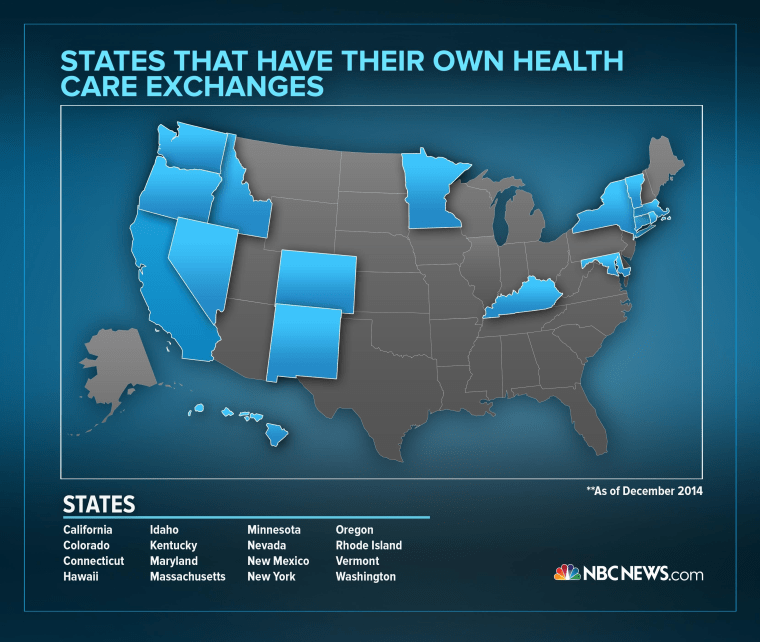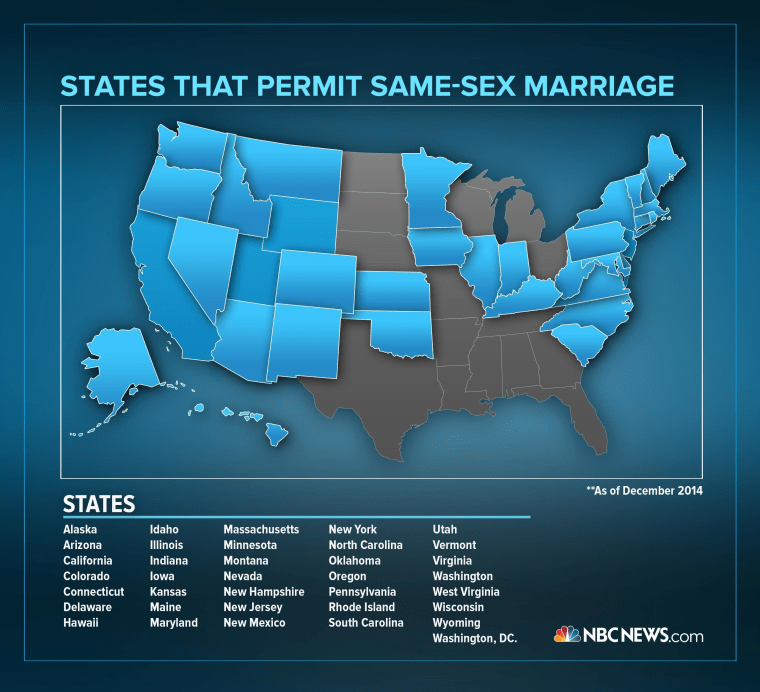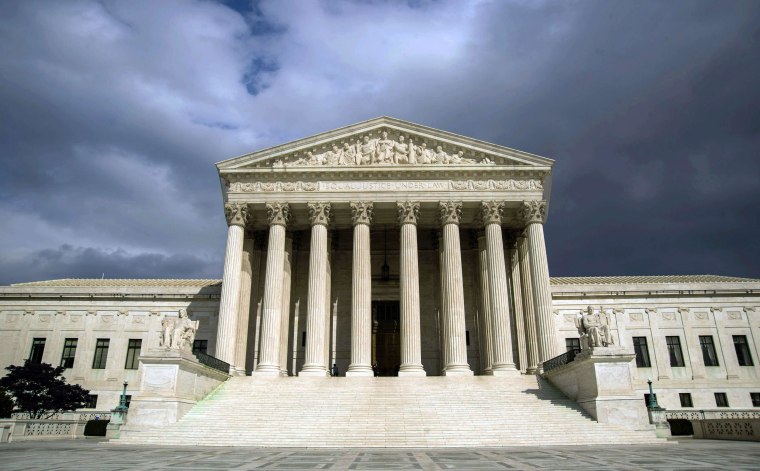A challenge to President Obama's health care law will dominate the US Supreme Court's term that resumes in 2015.
But it could be overshadowed by the question of same-sex marriage if the justices decide to take up that hot-button issue -- and act in time.
A 5-4 ruling by the court in 2012 saved Obamacare from a constitutional challenge to the law’s broad reach. Now it faces another critical test, this time involving the meaning of the actual words in the law.
The statute clearly provides that people who buy insurance policies through state exchanges qualify for a federal subsidy. But it is ambiguous about whether the subsidy is also available for policies bought on the federal exchanges.

The Supreme Court agreed in November to decide what the law actually means.
"The stakes are huge, because without the subsidy, the law would collapse. It's critical to making everything else work," says Tom Goldstein, a Washington DC lawyer who argues frequently before the court.
Only 16 states now have their own health exchanges up and running.
Nearly 5.5 million low-income Americans in the other 34 states get their insurance on the federal exchange. The average premium is about $80 dollars a month but would be $345 without the subsidy.
The Obama administration argues that when the entire law is read as a whole, it provides for subsidies through both exchanges. But opponents of Obamacare say it's the specific wording of the subsidy provision that counts.
"It doesn't matter what the sponsors were hoping for in their hearts. What matters is the black and white in the law, and it clearly limits subsidies to the state exchanges," says Washington, DC lawyer Michael Carvin, representing the challengers.
The case represents a second front of attack on the health care law, now that Republicans in Congress are vowing to try to repeal it with their new majorities.
Challenges to state bans on same-sex marriage are back before the Supreme Court, even though the justices declined to take up the issue just three months ago.

Back then, the federal appeals courts that had ruled on the question agreed that laws banning marriage for gay couples were unconstitutional. Apparently because the lower courts were in accord, the Supreme Court brushed aside cases from Indiana, Oklahoma, Utah, Virginia, and Wisconsin.
But after that court acted, a panel of the Sixth Circuit Court of Appeals in Cincinnati voted to uphold state bans in Kentucky, Michigan, Ohio, and Tennessee. That created a split in the appeals courts, greatly raising the odds the Supreme Court will take up the issue.
Lawyers on both sides in those states have acted unusually quickly to get the case to the court in time for the justices to consider the issue in their private conferences in January.
"The US Supreme Court will have the final word on this issue. The sooner they rule, the better, for Michigan and the country," said Bill Schuette, Michigan's attorney general.
"The Sixth Circuit ruling highlights the need for the Supreme Court to step in and rule on the people's right to marry, regardless of the state they live in," said Steve Shapiro, Legal Director of the ACLU.
If the court chooses to take up the issue, and does so before the end of January, the case could be heard before this term ends in June. The four cases from the Sixth Circuit are scheduled to be discussed at the justices’ first private conference after the holiday break on January 9.
